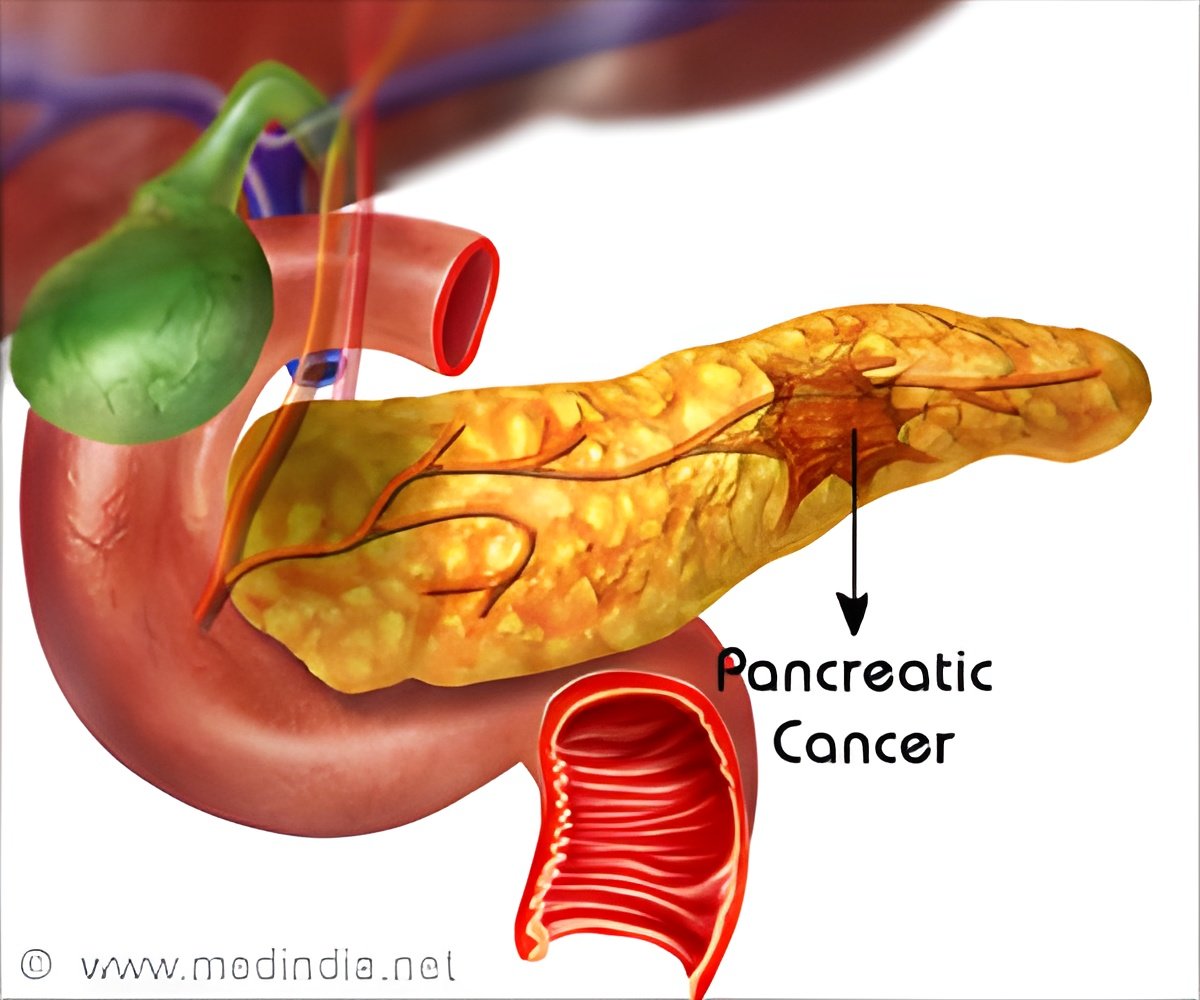The combination of gemcitabine and capecitabine in pancreatic cancer patients may be the new standard of care after surgical removal of the tumor.

- Chemotherapy drugs, gemcitabine and capecitabine were tested for their combined effect in pancreatic cancer patients. //
- The combination increased the five-year survival rate by 29% compared to the effect of a single drug.
- The treatment plan is predicted to double the number of patients who survive their disease for at least five years.
- Surgery
- Ablation or embolization treatments
- Radiation therapy
- Chemotherapy and other drugs
A University of Liverpool (UK) led clinical trial involved 732 patients in hospitals across the UK, German, Sweden and France who had undergone surgery to remove their tumor.
Around half of patients on the trial received one chemotherapy drug, gemcitabine, and the other half received a combination of chemotherapy drugs, gemcitabine and capecitabine.
At this time the standard treatment for patients who have undergone surgery is for them to be administered gemcitabine alone.
According to the study twenty-nine percent of the patients given a combination of the two chemotherapy drugs lived for at least five years compared with only 16 percent of patients given gemcitabine alone.
This trial was originally set up in 2008 to address the poor pancreatic cancer survival rates. The results, which were first presented at the American Society of Clinical Oncology (ASCO) in June 2016 but have now been peer-reviewed, show that this treatment plan is predicted to double the number of patients who survive their disease for at least five years.
Professor Peter Johnson, Cancer Research UK's chief clinician, said, "Pancreatic cancer is a notoriously difficult disease to treat. Nearly 10,000 patients are diagnosed each year in the UK so we urgently needs new ways to treat and manage the disease.
"Research that tells us more about how the disease grows and spreads -- and trials like this one -- will be key to improve survival for patients living with the disease."
Reference
- John P Neoptolemos et al., Comparison of adjuvant gemcitabine and capecitabine with gemcitabine monotherapy in patients with resected pancreatic cancer (ESPAC-4): a multicentre, open-label, randomised, phase 3 trial , The Lancet (2017) http://dx.doi.org/10.1016/S0140-6736(16)32409-6 .
- https://www.cancer.org/cancer/pancreatic-cancer/treating.html
Source-Medindia















